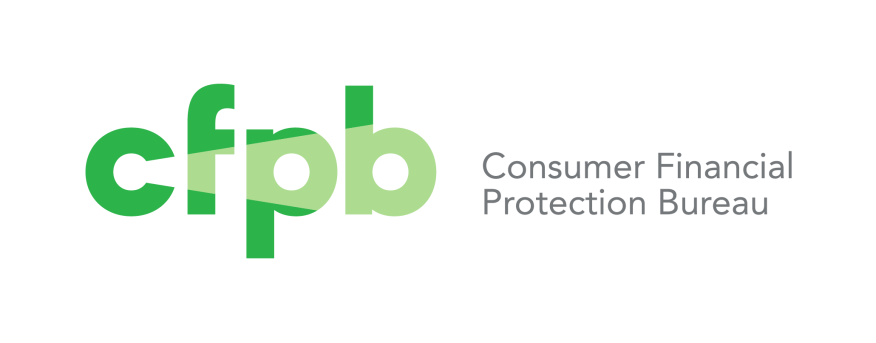CFPB Report Faults Mortgage Industry, But Data is Not Dramatic

The Consumer Financial Protection Bureau (CFPB), ignoring last week’s criticism from the Federal Reserve’s Office of the Inspector General that its consumer complaint database was riddled with inaccuracies, has pressed ahead by citing its database as the foundation for a new round of fault-finding aimed at the mortgage industry.
In announcing its latest findings, CFPB Director Richard Cordray suggested that lenders and servicers are not paying attention to his agency’s guidelines.
“Despite strong protections that have been put in place to protect homeowners, this month’s complaint report shows consumers are still having problems when dealing with their mortgages,” said Cordray. “The Bureau will continue to work to make sure that consumers are being treated fairly on their mortgage issues.”
Yet the report itself found that most complaints fielded by the CFPB between June and August involved debt collection (7,767 complaints filed with the database) and credit reporting bureaus (5,535 filed complaints), with mortgage-related complaints coming in a distant third at 4,584. In a year-over-year measurement, the volume of mortgage-related complaints registered with the CFPB grew a mere seven percent, compared with complaints aimed at consumer lending entities (47 percent), credit bureaus (39 percent), money transfer operations (36 percent) and credit card providers (20 percent).
In taking a specific aim at mortgage companies, the primary volume of complaints involved servicing matter, with specific problems that arise when a borrower cannot make payments (53 percent) and the payment process itself (30 percent). The origination side had relatively few complaints in comparison, with the loan application (eight percent), signing the agreement (four percent) and receiving the credit offer (two percent) among the problems cited.
On a year-over-year basis for the June-to-August period, the states experiencing the greatest increase in mortgage-related complaints filed with the CFPB were Nebraska (50 percent), Rhode Island (47 percent), and Alabama (46 percent). While this may seem dramatic, the exact numbers were rather puny: for example, seven people in Nebraska complained in 2014, with 11 in 2015. The numbers were equally small for Rhode Island (11 in 2014 versus 16 in 2015) and Alabama (23 in 2014 versus 34 in 2015).
What the CFPB did not emphasis was that 18 states saw fewer year-over-year complaints related to mortgages, while eight states saw year-over-year complaints increase by 10 percent or less – and in states such as Wisconsin, Idaho and Hawaii, the year-over-year bump-up consisted of a single registered complaint.
As for the most-complained about mortgage companies, four of the top five (Wells Fargo, Bank of America, Ocwen and JPMortgage Chase) saw the level of year-over-year complaints fall. Carrington Mortgage saw the greatest increase in year-over-year complaints with 117 percent, but that translated into 19 complaints registered in a three-month period last year versus 42 in the same period this year.





